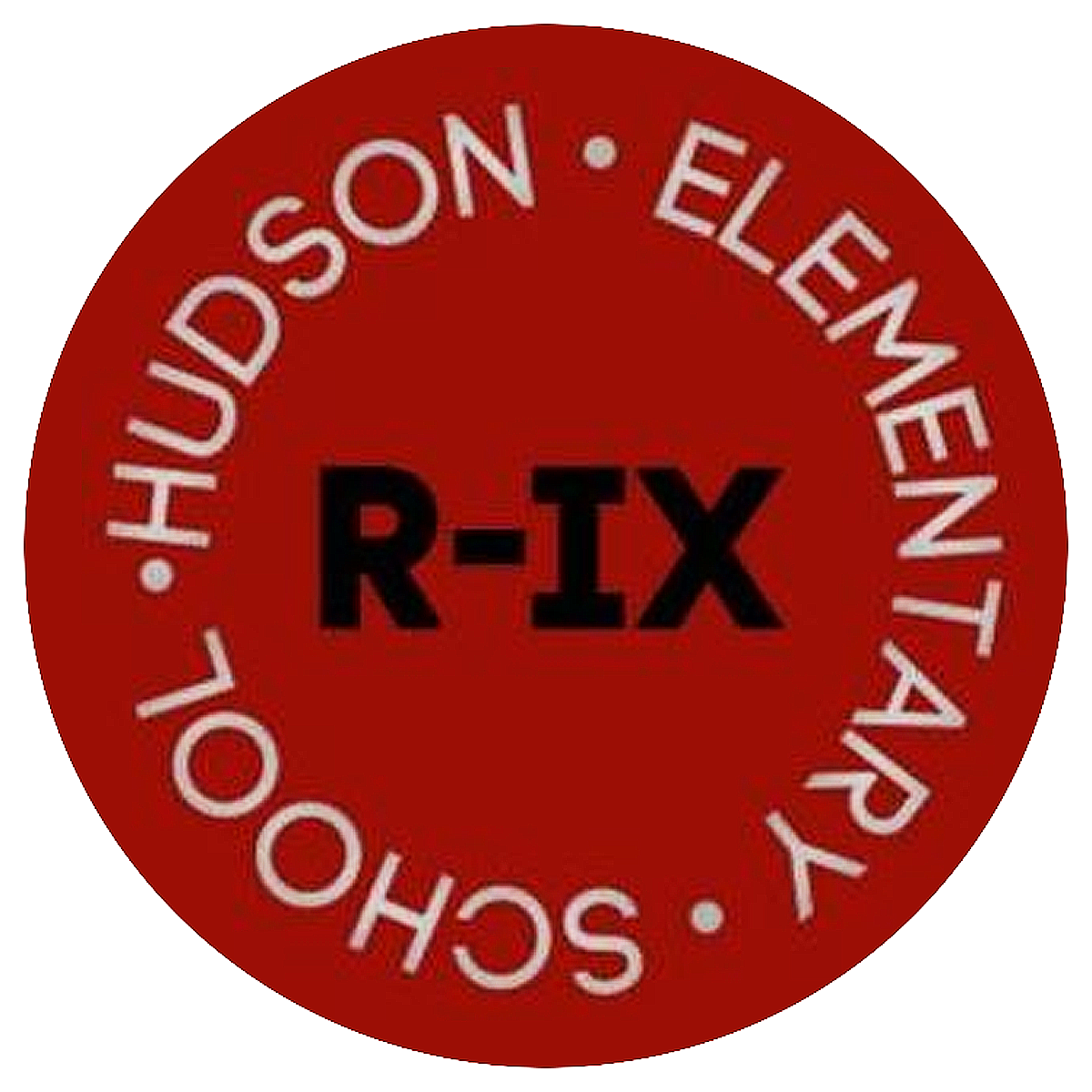P 3106 Fraud Prevention
The District is committed to protecting the public funds with which it has been entrusted. Minimizing the losses to fraud and corruption is an essential part of ensuring that all of the District's resources are used for the purpose for which they are intended.
The public is entitled to expect the District to conduct its affairs with integrity, honesty and openness, and demand the highest standards of conduct from those working for it and with it.
Definition of Fraud and Corruption
Although there is no precise legal definition of fraud, the term is used to describe a multitude of offences, including deception, forgery, theft, misappropriation, collusion and false representation of material facts.
Corruption arises when a person receives any benefit which influences them and causes them to act differently when conducting District business.
The District's Response
Board policy requires that matters involving any financial irregularities are referred to the Superintendent for investigation. These matters are taken seriously and additional action, such as disciplinary proceedings and/or prosecution, will be taken where evidence of offences is found.
The Superintendent/designee will:
Compile a report of findings for submission to the Board with a recommendation as to whether disciplinary action is appropriate.
Where appropriate, coordinate with the police in order for them to consider taking criminal action.
Advise departments on how to address procedural weaknesses identified during investigation.
The Investigation Process
The purpose of any investigation is to establish the facts in an equitable and objective manner.
The process will involve the use of authority or delegated powers to:
screen allegations or information to gauge their credibility;
secure all evidence;
interview suspects;
interview witnesses;
take statements; and
coordinate with departments or other agencies (including the police).
The Superintendent/designee will establish and record the basis of the concerns raised and establish what further actions are required. The Board will be informed of all reported disclosures and the actions being taken. In the case of disclosures on alleged fraud and corruption, the Chief Financial Officer will inform the District's external auditors.
Whenever possible, the individual raising the concern will be advised of the outcome of the investigation. If an individual is not satisfied with the response received and any subsequent action taken, they should put their concerns in writing to the Superintendent who will arrange any further investigation as he/she deems appropriate. The Superintendent will send a written response to the individual concerned.
Reporting Suspicions
If fraud or corruption is suspected, then the matter should be reported without delay. Employees should report suspicions to a supervisor at the outset and retain all evidence. However, if it is thought the supervisor might be involved or there may be a conflict of interest, the matter should be reported directly to a more senior administrator.
It is recognized that for some individuals, raising a concern under this procedure may be a difficult experience. All reported incidents will be investigated.
All reports will be dealt with in confidence, with staff being informed on a need to know basis only.
To ensure that this policy is adhered to, and to assure staff that the concern will be taken seriously, the District will:
not allow the person raising the concern to be retaliated against for doing so;
treat retaliation against whistle blowers as a serious matter leading to disciplinary action that may include dismissal;
not attempt to conceal evidence of poor or unacceptable practice;
take disciplinary action if an employee destroys or conceals evidence of poor or unacceptable practice or misconduct; and
ensure confidentiality clauses in employment contracts do not restrict, forbid or penalize whistle blowing.
Overall Objectives
The District's overall objective is to identify and maintain good practices, address weaknesses in current processes and introduce improved systems for the management of those processes. The end result is that of minimizing the amount of fraud and corruption which may occur within the system and significantly reduce the opportunity for fraud or corruption to occur in the future.
